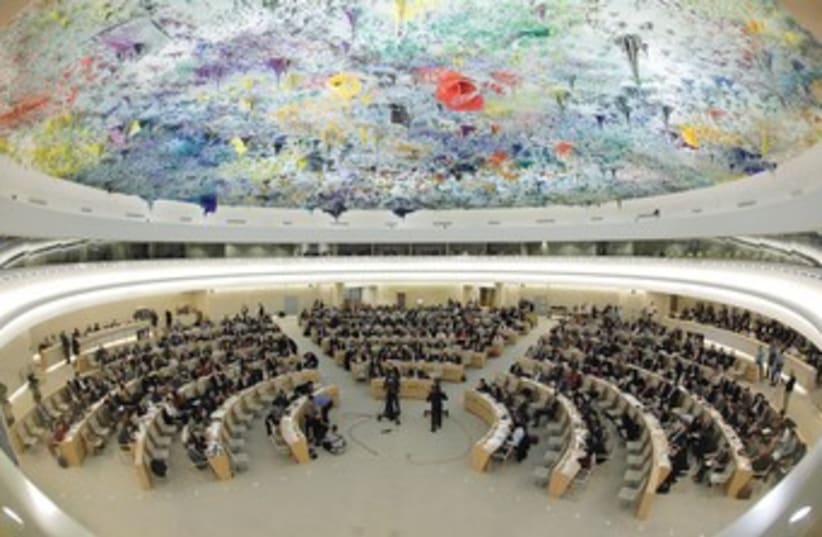'UNHRC focuses on Israel, ignores companies operating in other occupied areas'
A new report points out that the UN's Human Rights Council has been turning a blind eye to the activity of 40 European companies that operate in some of the world's occupied territories.
